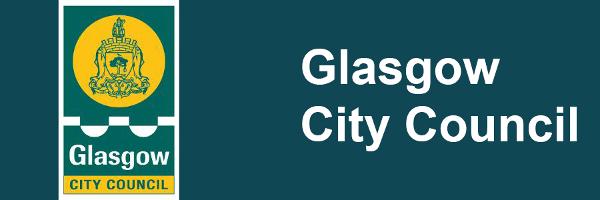Information for Parents and Carers
Email (opens new window)Case Involvement Feedback (opens new window)Comments, Complaints and Concerns (opens new window)
Educational Psychologists provide consultation, assessment, support and advice regarding children and young people.
Parents can contact us directly but we would encourage you to discuss your concerns with school staff so that we can work together to improve the situation.
Health professionals and Social Workers can also ask for our help, but always after talking to the parent about their concerns.
The Reporter to the Children's Panel may also ask for our advice and input.
What might the educational psychologist do?
Help to assess your child's educational needs by:
- Indirect and/or direct assessment
- Consulting with your child and seeking their views
- Consulting with you and seeking your views
- Consulting with other professionals who are involved with your child
Promoting wellbeing and good planning for your child through consideration of your child's wellbeing - Safe, Healthy, Active, Nurtured , Achieving, Respected, Responsible and Included (SHANARRI)
Provide training for teachers and other groups on a wide variety of topics relevant to children and young people's learning. For example:
- Supporting literacy developments
- Promoting positive relationship
- Supporting language and communication difficulties
- Promoting Resilience
We aim to work in partnership with the people most involved with your child on a day to day basis. So we work closely with parents, school staff and any other services who might be involved with your child.
What kind of issues do Educational Psychologists deal with?
Educational psychologists deal primarily with issues that affect a child or young person's progress in school.
For example:
- Learning issues
- Emotional or behavioural issues
- Physical impairment
- Visual or Hearing Impairment
- Language and / or Communication difficulties
What if my child needs to see an Educational Psychologist?
All schools and early years establishments have their own systems in place for monitoring and reviewing children's progress within the Staged Intervention Framework.
As part of this system they may wish to consult with the Educational Psychologist, with your agreement.
Sometimes it may be necessary for the Educational Psychologist to see your child. In this case the person wanting to seek assistance will discuss their concerns with you.
Your permission will always be sought before any assistance from an Educational Psychologist is made.
What happens next?
The consultation meeting will cover:
- What is getting in the way of this child's or young person's wellbeing?
- Do I have all the information I need to help this child or young person?
- What can I do now to help this child or young person?
- What can my agency do to help this child or young person?
- What additional help, if any, may be needed from others?'
This meeting lets us talk over any concerns and agree an appropriate plan.
Confidentiality
All information we hold about your child will be completely confidential. The information held about your child will be open to you, but will only be shared with other professionals with your consent.
Glasgow Psychological Service is committed to listening to our stakeholder in order to ensure continued improvement in our service. If you have any suggestions, compliments or concerns about our service please contact us with your feedback.
How do I provide feedback?
Completed forms can be emailed (via the email link on the right)
or posted to us at:
Principal Educational Psychologist
Glasgow Psychological Service
City Chambers (East)
40 John Street
G1 1JL
Related Content
Related Articles




